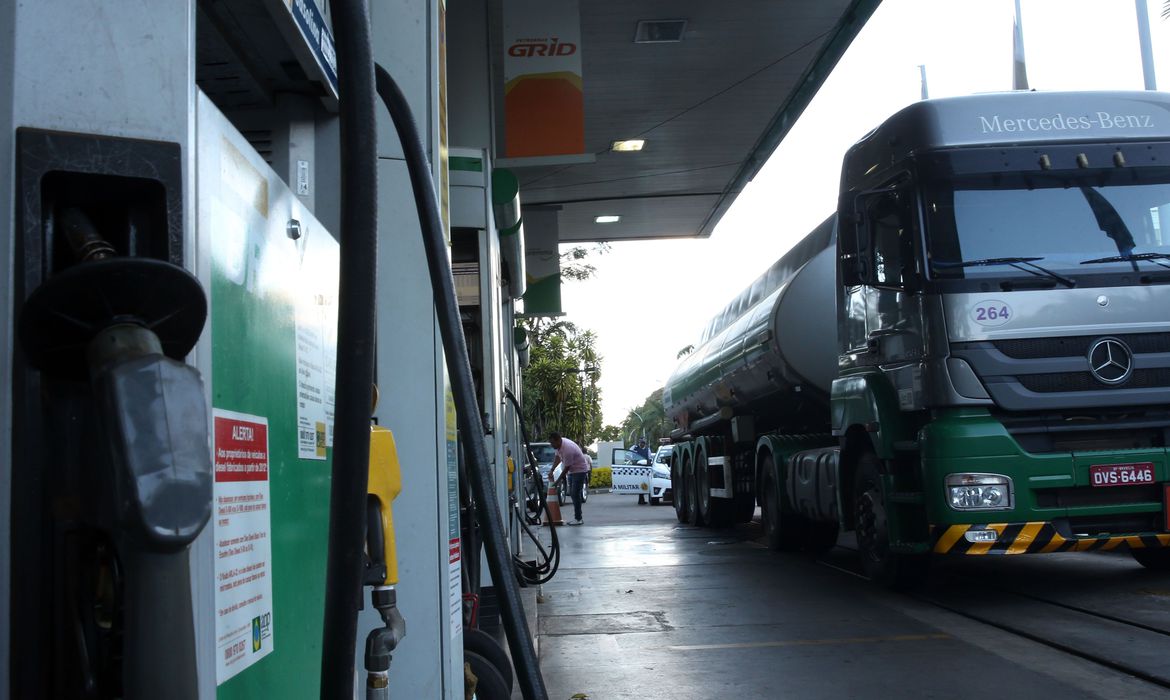

Prices of diesel oil, gasoline and ethanol at gas stations in Brazil fell slightly this week, the fourth consecutive decline, according to data released on Friday by the National Agency of Petroleum, Natural Gas and Biofuels (ANP).
According to a survey by the regulator, the average value of diesel last week was 4.184 BRL per liter, a decrease of 0.66% compared to the previous week. With the move, the price of the most consumed fuel in the country reached its lowest level since the week ending February 27th.
At the maximum reached this year, after repeated increases that sparked threats from truck drivers ‘strikes and led President Jair Bolsonaro to change Petrobras’ orders, diesel reached an average price of R $ 4,274 per liter in mid-March.
On the other hand, gasoline recorded an average price of R $ 5,427 per liter per liter at the pump this week, the lowest level since the start of March, down close to 0.4% in the weekly comparison.
In the middle of last month, at the height of 2021 so far, a liter of fuel approached 5.60 BRL, according to ANP.
The downward trend has also continued to emerge in aqueous ethanol, which is a direct competitor to gasoline at gas stations. According to the survey, biofuels closed the week at an average price of R $ 3.758, down 1.2% compared to the previous survey.
The latest movement of lower fuel prices occurred after Petrobras slashed diesel and gasoline prices twice at refineries – in late March and early this month. However, on Thursday, the state-owned company announced a new increase in effect from Friday.
With the new amendment, Petrobras diesel fuel began to cost 2.76 BRL per liter, while the price of petrol increased to R $ 2.64 / liter. The fuel types in the refinery are accumulating 36% and 43.5% in the year, respectively.
Petrobras argues that its adjustments seek to follow international parity values, influenced by factors such as the price of oil on the foreign market and the exchange rate.
On the other hand, gas station prices do not necessarily follow values in refineries immediately and depend on a number of factors, including taxes, biofuel mix and distribution margins.
